Professor Steven Faux reveals how long it takes to recover from long Covid
Up to a million Australians are still living with long Covid, a leading expert says. He reveals how long people should expect to live with their symptoms.
News
Don't miss out on the headlines from News. Followed categories will be added to My News.
I have spent almost 30 years as a rehabilitation physician, treating people living with disabilities, some temporary, some permanent. For 22 years, I was the director of the Department of Rehabilitation Medicine at St Vincent’s Hospital in Sydney, and I’m now the director of Pain Medicine there.
At the beginning of 2020, it was clear to me, from what I knew of previous pandemics and the effects of viral illnesses such as HIV and polio, that the Covid-19 pandemic was about to deliver thousands of people who would be damaged by this infection and who would require rehabilitation.
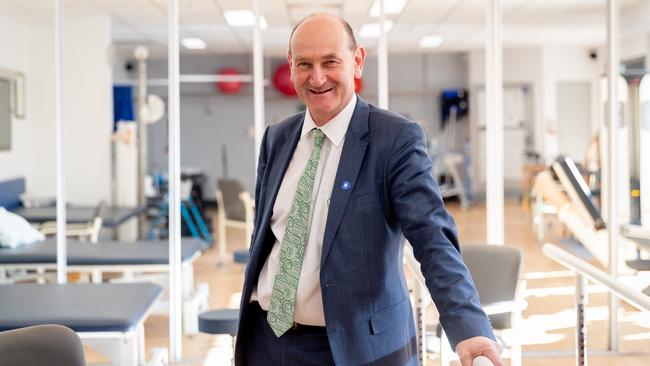
In July of that year, some colleagues and I published an article in the Medical Journal of Australia warning that every pandemic, after its acute (short-term) phase, is likely to have a chronic (long-term) phase.
By late 2020, what we had warned about came to be and we were woefully underprepared. People with persistent and prolonged symptoms called themselves the “long-haulers”. These people, who had what we now call Long Covid, were initially viewed with suspicion, and some were even accused of being hypochondriacs.
As more and more people reported their symptoms, the World Health Organisation (WHO) began monitoring the trend, as did public health professionals around the world. At first, many thought that Long Covid just represented the severe end of the disease and a slower recovery from it, but then lots of people who’d had a mild version of the disease started to describe the same symptoms.
There are now more than 200 different symptoms ascribed to Long Covid. They range from coughing, fatigue and breathlessness to changes in taste and smell and even hair loss. People with Long Covid often say they don’t feel themselves or are unable to get on with things as they used to, but many can’t really articulate what they feel.
At the St Vincent’s Long Covid clinic, where I work as a rehabilitation physician, I’ve seen people lose their jobs as a result of Long Covid. I’ve seen it place stress on relationships and cause untold anxiety.
As with many other conditions, we might have medicines and techniques to help people cope with the illness, but as yet we don’t have a cure or even understand exactly what causes the symptoms. We also don’t yet know what the natural course of the illness might be or how long the symptoms will last. The one thing we do know is that those with Long Covid symptoms have a different physiological response from those who have recovered from the virus.
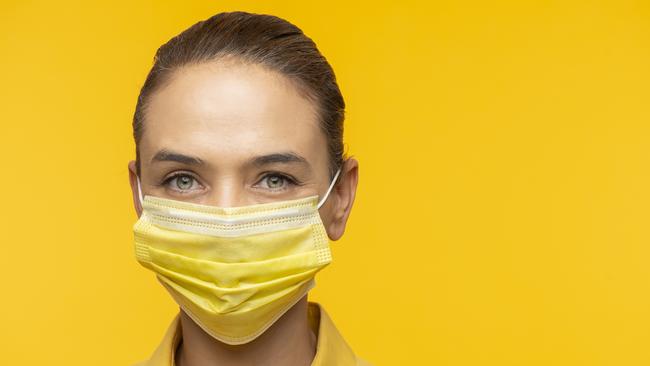
How many people have Long Covid?
The prevalence of Long Covid in Australia may surprise you. An Australian National University study released in October 2022 estimated that 4.7 per cent of adult Australians have had or currently have post-Covid-19 syndrome, or Long Covid, involving symptoms lasting for three months or longer.
The largest international study, comprising data from more than three-quarters of a million people, indicated that 45 per cent of those who had Covid had symptoms persisting for more than four months. While more recent strains may be less likely than earlier ones to lead to Long Covid, far more people are now catching Covid, some more than once. This was supported by a study of more than 300,000 veterans.
A recent Australia-based study, published in January 2023, estimates that one in 10 Australians who develop Covid-19 will go on to suffer from Long Covid, and this risk remains the same every time we’re reinfected.
Given that more than 11 million Australians have already contracted Covid, these studies suggest that between 500,000 and more than 1 million of them have at some stage met the clinical definition of Long Covid. This figure would place Long Covid high on the list of the most significant medical conditions affecting the Australian population. (Compare this with type 2 diabetes at 1.3 million, asthma at 2.7 million, heart disease or stroke at 1.2 million and cancer at 1 million.)
Despite the public perception that the pandemic is over, infections of Covid are ongoing, with just under 100,000 infections recorded for the month of January 2024. This indicates that the chronic, long-term effects of the acute infection will be impacting our community for many years to come.
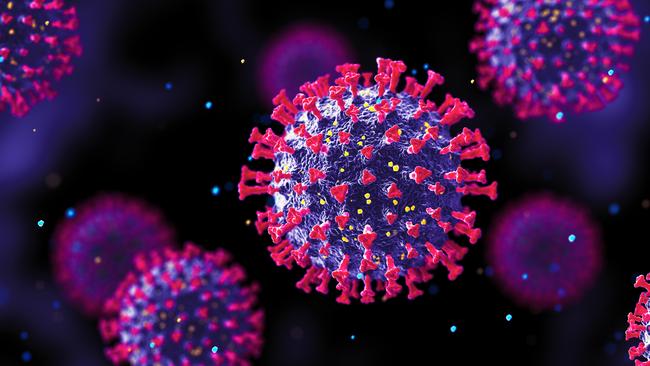
Navigating a return to ‘normal’
While studies into recovery from Long Covid are of course ongoing, international reviews seem to report that most symptoms start to resolve after 12 months. By two years, 91 per cent of patients report improvement in symptoms.
So the good news is that while a significant minority continue to experience Long Covid symptoms at two years, it looks like most people will recover. It’s important to remember, though, that this recovery will be slow and is likely to take months rather than weeks.
Acknowledging this and making your family, friends and workplace aware of it will help you navigate your return to your pre-Long Covid life.
Having a tailored management plan in place, developed in consultation with a health professional, is also crucial to your recovery.
Fortunately, at our Long Covid clinic, we’re seeing people’s symptoms improve after six months of rehabilitation and respiratory treatments. We are also seeing people gradually return to work from six months onwards.
There’s quite a lot of evidence that the earlier you start the rehabilitation process, the better the outcomes.
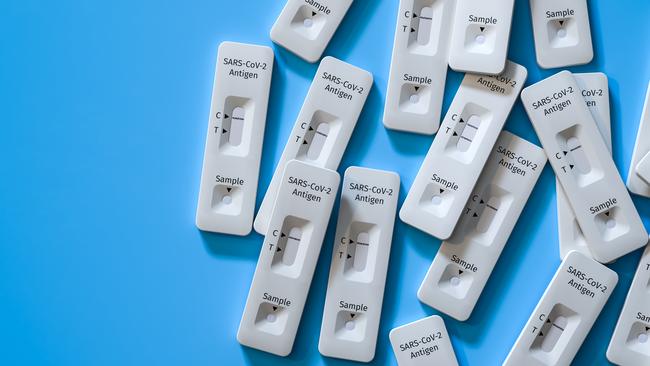
The risk of reinfection
There’s no evidence to suggest that if you’ve had Long Covid and are infected with Covid again you will suffer another bout of Long Covid. Just because you’ve had it once, doesn’t mean that you will have it a second time.
In fact, in one 2022 UK study, the risk of having Long Covid a second time after being reinfected with Covid, is lower than having it the first time (4 per cent risk the first time and 2.4 per cent risk the second time). It’s even lower for those under 16.
If, however, you have Long Covid, you have a higher risk of reinfection with Covid. And every Covid infection does carry a risk of developing Long Covid, particularly for those with risk factors for severe disease.
Researchers in the US studying 40,000 veterans (mostly older white men) who were infected more than once with Covid found that six months after reinfection, there was an excess risk of long-term problems including Long Covid.
Overall, your risk of developing Long Covid if you get reinfected with Covid is more to do with the severity of the infection and the number of acute symptoms you experience.
Apart from the risk factors you cannot easily change (your age, gender and illnesses you already have), it’s hospitalisation from acute Covid that seems to put you at a higher risk of developing Long Covid.
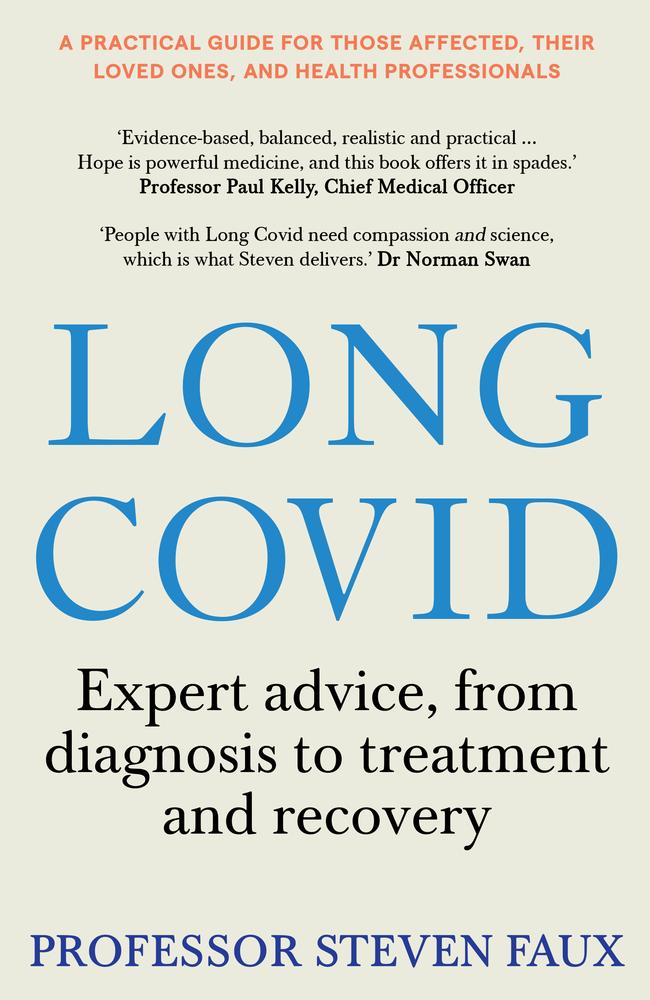
To help avoid that, you could:
• Keep your Covid vaccinations up to date, which is the best way to prevent hospitalisation from Covid. For people who’ve had more than two vaccinations, the risk of symptoms lasting for more than four weeks is reduced. Be aware of your local health authorities’ recommendations for vaccinations and boosters, taking into account your age and risk factors, and stay current with your vaccinations.
• If you do contract Covid again, and you’re at higher risk (currently, anyone over 70, anyone over 50 with a risk factor and any First Nations people over 30), it’s important to take a five-day course of an antiviral medication such as Paxlovid within two weeks of symptom onset. This may prevent not only hospitalisation but also the risk of death.
• When in crowds or high-risk settings (such as under-ventilated areas), use public health measures such as wearing an N95 mask (also known as a P2 mask), social distancing and regular handwashing.
More Coverage
Originally published as Professor Steven Faux reveals how long it takes to recover from long Covid




